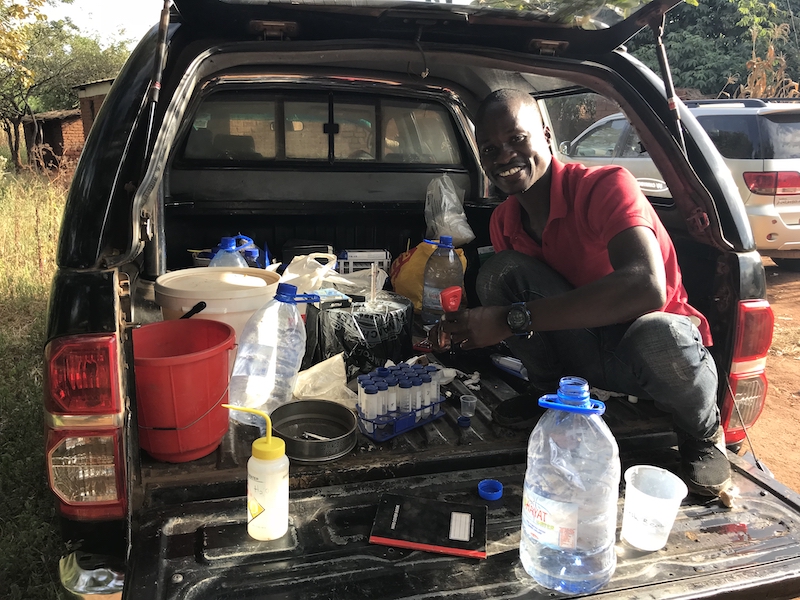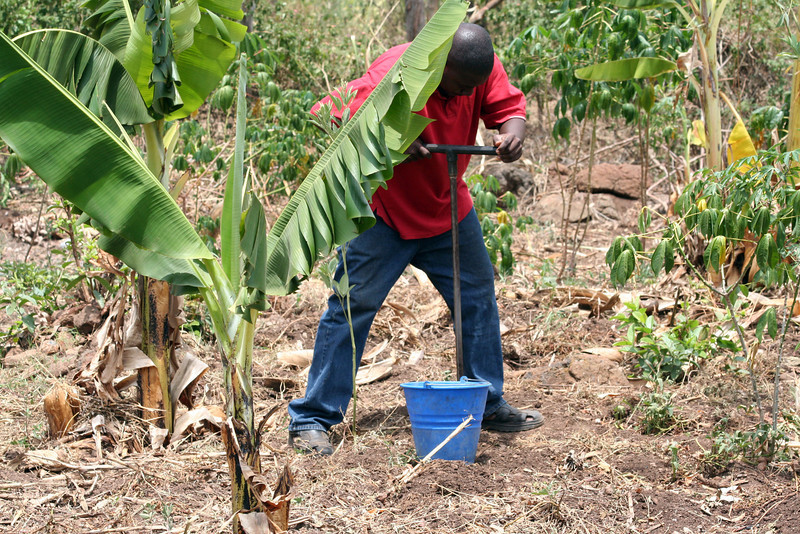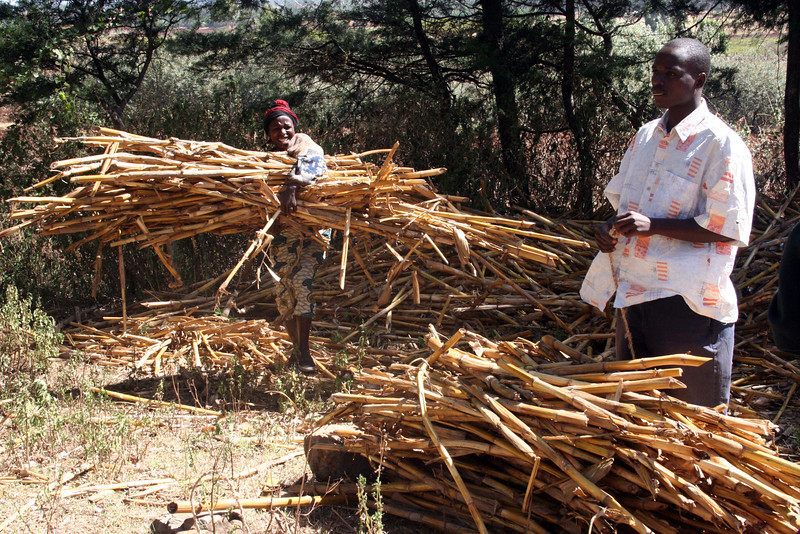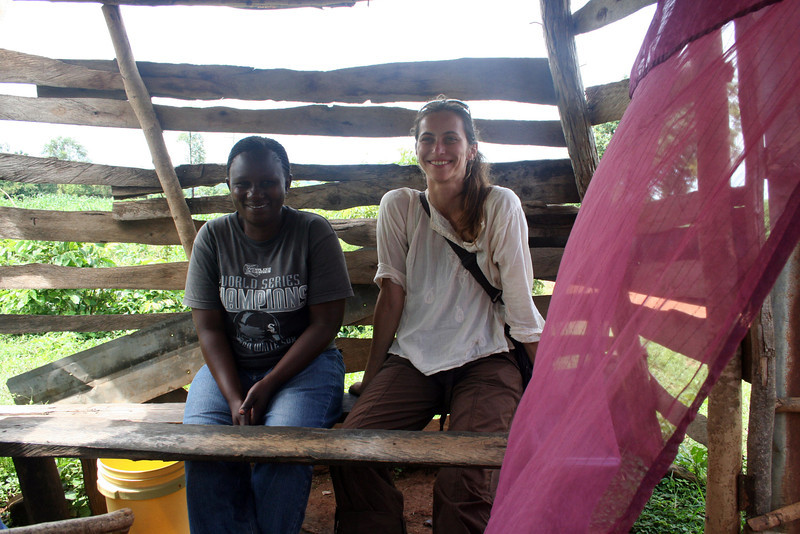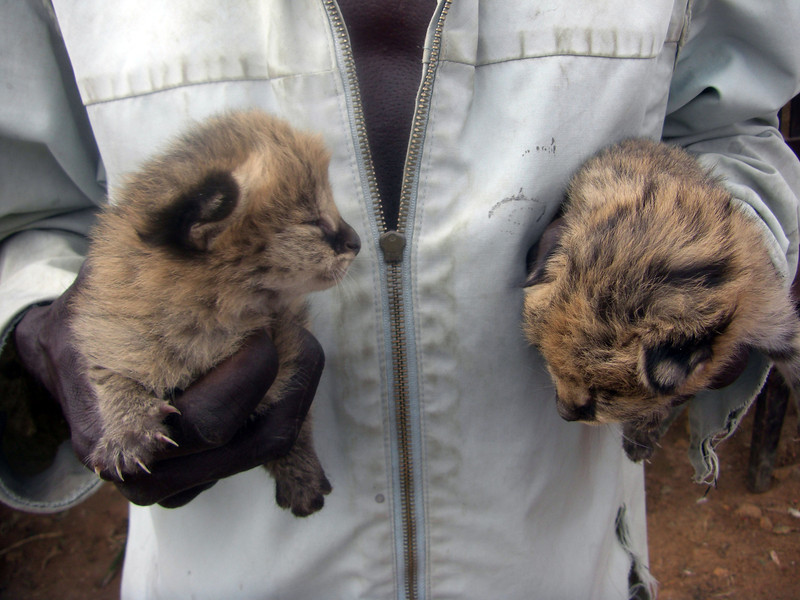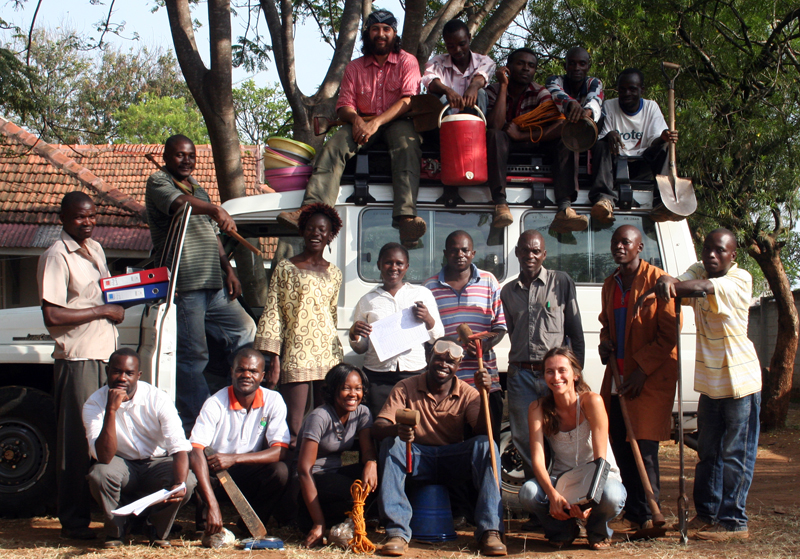Exploring the continuum between public and private goods: Bidding for soil fertility information in Malawi (2019)
The adoption of new agricultural technologies plays a central role in structural transformation, economic growth, and increasing farmers’ incomes. Information on new agricultural technologies is traditionally provided by government extension services – recognizing that the public goods nature of information would likely result in its under-provision. Recently, under budget pressures, governments in developing countries have started to explore the idea of demand-driven extension, in which the user, i.e., the farmer, would pay for information. In this research project, we explore how information about soil fertility (and the accompanying management recommendations) can be delivered to farmers in a cost-effective manner. In the past, this information has been sold to individual farmers, but the low willingness to pay (WTP) combined with high costs, has made this approach impractical. In this project, we sell the information to farmer groups instead, aggregating WTP, but also accepting, and measuring, free-riding.
This project is led by Julia Berazneva (Middlebury College), Annemie Maertens (University of Sussex), Hope Michelson (University of Illinois), and Wezi Mhango (LUANAR: Lilongwe University of Agriculture & Natural Resources). Building on the randomized control trial of the impacts of the Clinton Development Initiative’s Anchor Farm Project (funded by the International Initiative for Impact Evaluation), we conducted a modified public goods experiment in 30 villages in two districts of central Malawi in June and July, 2019. As part of our lab-in-the-field experiment, we collected soil samples and conducted soil analysis, using the SoilDoc kit. We aim to study the relationship between contribution to the public good and soil and social heterogeneity. The project is funded by Middlebury College, VT.
Reconciling food, energy, and environmental outcomes: Three essays on the economics of biomass management in western Kenya (dissertation fieldwork in Kenya, 2011-2013)
For my PhD dissertation, I collected data in collaboration with the World Agroforestry Center (ICRAF) in western Kenya from September 2011 to May 2012 and in September 2013. I designed household, village and market surveys that covered a wide range of Living Standards Measurement Survey topics. The surveys were conducted in 15 villages in Nyanza, Western and Rift Valley provinces. In addition to survey data, my field work team and I collected detailed bio-physical (soil samples and tree measurements) and spatial (GPS-measured area of land holdings) data.
To ensure data quality we audio recorded household interviews. I describe the procedure and its benefits in “Audio Recording of Household Interviews to Ensure Data Quality,” published in the Journal of International Development [pdf].
Some photos from my field work are below. We collected household survey data…
… market data…
… took soil samples…
… weighed crop residues…
… ate chapati…
… and saved two serval cat cubs that now live in the Impala Park in Kisumu.
Thank you to my field work team.
The field work was supported by ICRAF and the David R. Atkinson Center for a Sustainable Future, Cornell University. Funding provided by the Fondation des Fondateurs, Cornell’s Mario Einaudi Center International Research Travel Grant, Richard Bradfield Research Award, Peter Rinaldo Sustainable Development Fund, Andrew W. Mellon Student Research Grant, “Frosty Hill” International Travel Grant, Graduate School Research Travel Grant, and the AAEA Luther G. Tweeten Scholarship.
